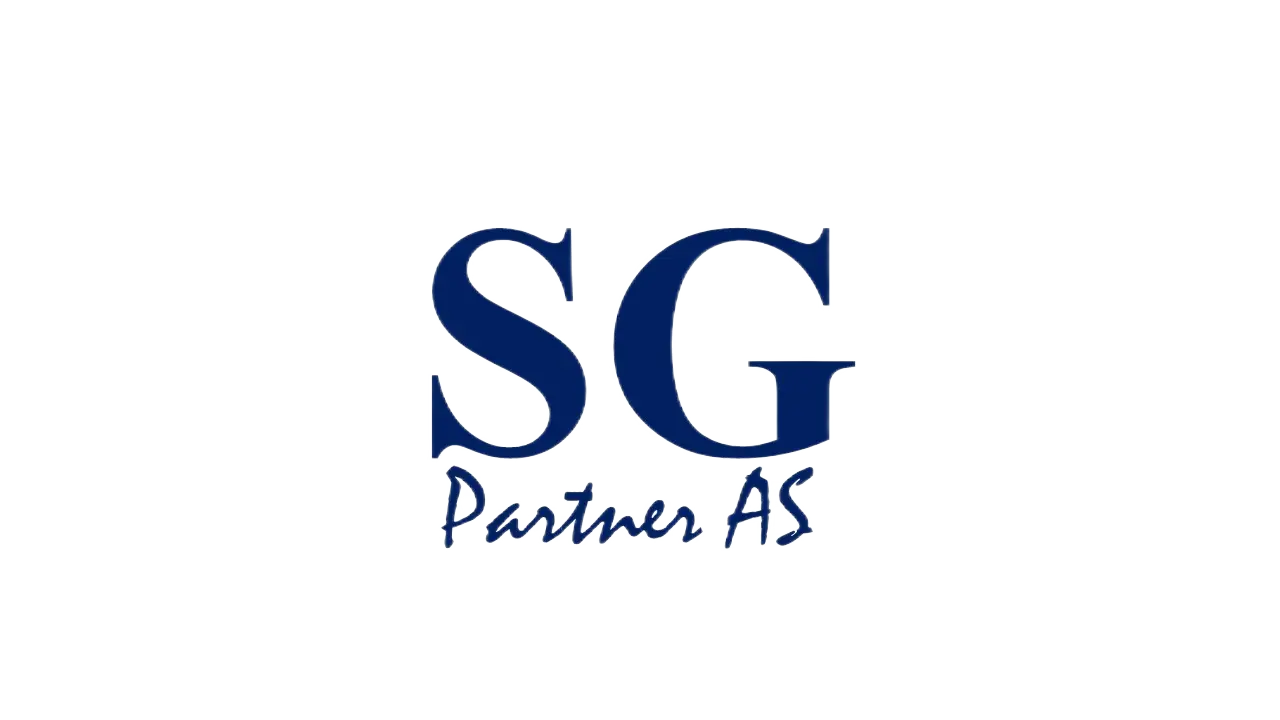This fast-paced practical single-day course focuses on solving challenges presented by data science in a manner that is simple to conceptualize and easy to implement.
This is achieved by leveraging Python libraries that offer abstractions to complicated underlying algorithms. The result is that data science becomes very approachable for beginners, a fact which is reflected by the strength and growing popularity of the Python ecosystem. In this course, we will cover every aspect of the standard data workflow process, including collecting, cleaning, investigating, visualizing, and modeling data.
The Jupyter Notebook acts as an add-on tool – a virtual playground – that allows you to create and share live code, equations, visualizations, and text.
By touching on a variety of topics within the discipline, you'll be exposed to many interesting examples with real-world data.
Company Events
These events can be delivered exclusively for your company at our locations or yours, specifically for your delegates and your needs. The Company Events can be tailored or standard course deliveries.
COURSE OBJECTIVE:
This course focuses on creating reproducible data analyses using Python and Jupyter, and is intended for an audience with a background in Python. As such, we do not cover the basics of Python in this course. However, we will take a brief tour of the Jupyter interface.
TARGET AUDIENCE:
If you're a Python programmer stepping out into the hugely popular world of data science, opting for this course is the right way to get started.
For the best experience in this course, you should have knowledge of programming fundamentals and some experience with Python. In particular, having some familiarity with the Python libraries Pandas, Matplotlib, and scikit-learn will be useful.
COURSE PREREQUISITES:
Hardware
This course will require a computer system for the instructor and one for each student. The minimum hardware requirements are as follows:
• Processor: i5
• Memory: 8 GB RAM
• Hard disk: 10 GB
• An internet connection
Software
For this course, we will use the following software:
• Anaconda 4.3+ and Python 3.5+
• Python libraries included with Anaconda installation:
• matplotlib 2.1.0+
• ipython 6.1.0+
• requests 2.18.4+
• beautifulsoup4 4.6.0+
• numpy 1.13.1+
• pandas 0.20.3+
• scikit-learn 0.19.0+
• seaborn 0.8.0+
• bokeh 0.12.10+
Python libraries that require manual installation:
• mlxtend
• version_information
• ipython-sql
• pdir2
• graphviz
• Download and install all the required Python libraries
COURSE CONTENT:
Lesson 1: Jupyter Fundamentals
• Basic Functionality and Features
• Our First Analysis – The Boston Housing Dataset
Lesson 2: Data Cleaning and Advanced Machine Learning
• Preparing to Train a Predictive Model
• Training Classification Models
Lesson 3: Web Scraping and Interactive Visualizations
• Scraping Web Page Data
• Interactive Visualizations
FOLLOW ON COURSES:
Not available. Please contact.
